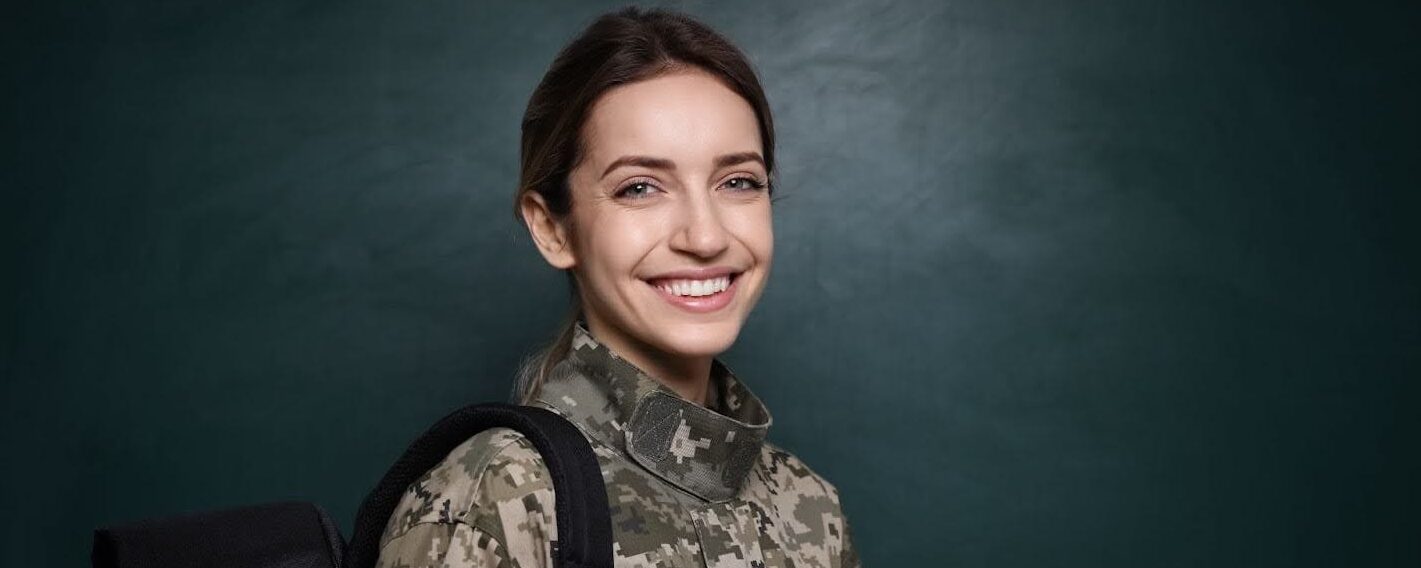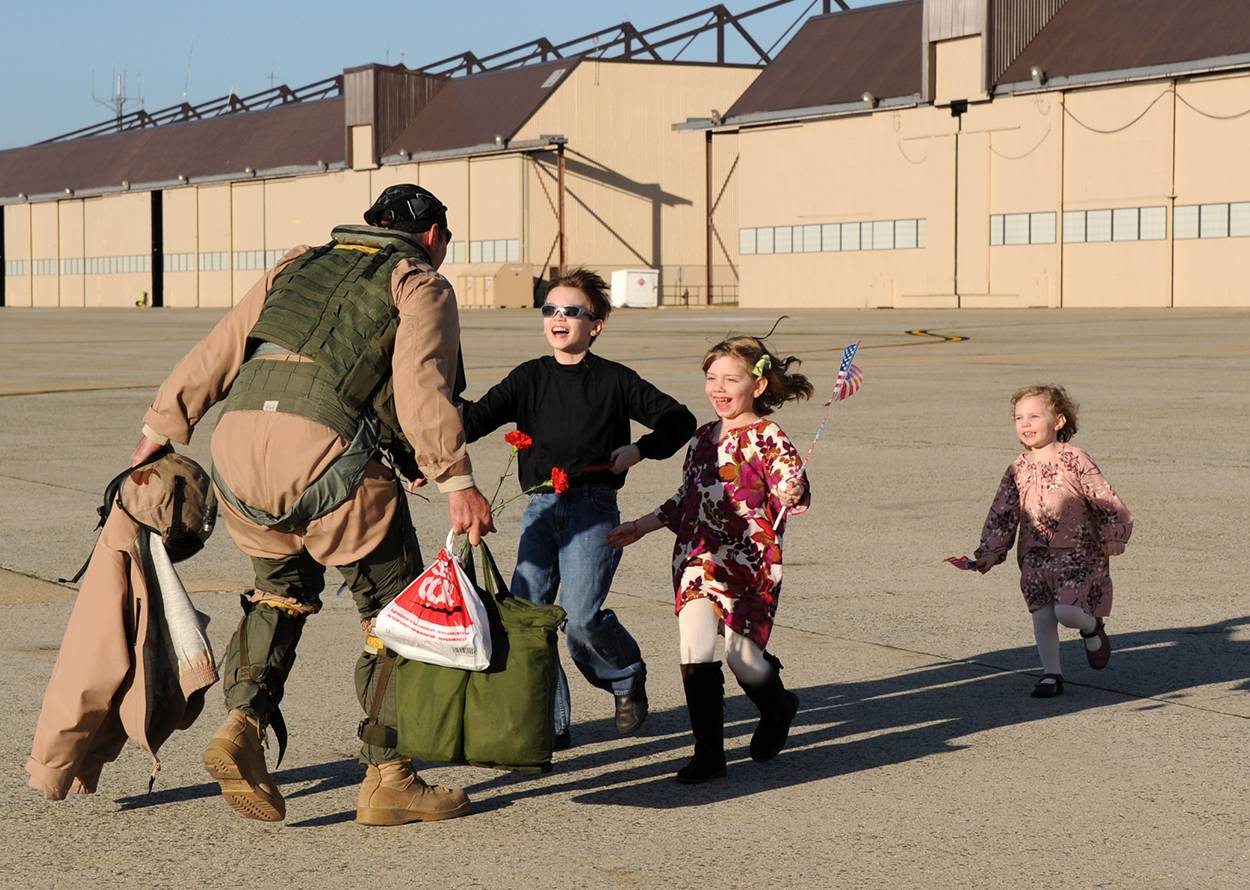Transitioning from military to civilian life presents unique challenges for veterans, including employment, mental health, and education. To help veterans navigate this transition, numerous support programs and organizations have been established.
These programs offer:
- Employment Assistance: Job training, resume writing, and job placement services.
- Mental Health Support: Counseling, therapy, and support groups.
- Education and Training: Assistance with educational benefits and vocational training.
By utilizing these targeted support programs, veterans can overcome challenges and thrive in their post-military careers. In this guide, we’ll explore essential veteran transition support programs and organizations.
Identifying Transition Challenges and Solutions
Employment and Career Development
Challenge: Transitioning from military to civilian employment can be daunting for veterans. They often face difficulty translating their military skills and experiences into terms that civilian employers understand. Additionally, veterans may struggle to find jobs that match their skills and interests in the civilian job market, leading to unemployment or underemployment.
Supportive Organizations and Programs:
- Hiring Our Heroes: Recognizes the unique talents and experiences of veterans and offers tailored job search assistance to help them navigate the civilian job market. They provide resources such as job fairs, fellowships, and resume workshops specifically designed for veterans to help them showcase their skills and connect with potential employers.
- Veteran Jobs Mission: A coalition of companies committed to hiring veterans and supporting their long-term career development. They offer programs and initiatives aimed at helping veterans transition smoothly into civilian employment, providing opportunities for skill development, mentorship, and job placement.
Mental Health and Emotional Well-being
Challenge: Veterans transitioning to civilian life can be mentally and emotionally challenging for veterans. They may struggle with the loss of the close-knit military community, the adjustment to civilian culture, and the stress of reintegrating into society. Many veterans also grapple with mental health issues such as post-traumatic stress disorder (PTSD), depression, and anxiety as a result of their military experiences.
Supportive Organizations and Programs:
- Veterans Crisis Line: Provides immediate and confidential crisis support to veterans in distress, helping them cope with emotional and psychological challenges. Trained counselors are available 24/7 via phone, text, or chat to offer support, resources, and referrals to mental health services.
- Give an Hour: Recognizes the importance of mental health support for veterans and offers free counseling and therapy services provided by licensed mental health professionals. They strive to remove barriers to care and ensure that veterans have access to the support they need to address mental health challenges and improve their overall well-being.
Education and Training
Challenge: Many veterans may need additional education or training to qualify for civilian careers or pursue their educational goals. They may face challenges such as navigating the complex education system, adjusting to academic demands, and securing financial assistance for tuition and expenses.
Supportive Organizations and Programs:
- GI Bill Benefits: Offers veterans transition support via financial assistance to help them pursue higher education, vocational training, and career advancement opportunities. The GI Bill covers tuition, fees, housing, and other educational expenses, enabling veterans to access quality education and training programs to further their career goals.
- Student Veterans of America: Recognizes the unique needs and challenges of student veterans and offers support, resources, and advocacy to help them succeed in higher education. They provide services such as peer support, academic advising, and access to scholarships and benefits to help veterans achieve their educational aspirations.
Social Integration
Challenge: Veterans may struggle to integrate into civilian communities and establish new social networks after leaving the military. They may feel isolated or disconnected from society, lack a sense of belonging, and face challenges building relationships and participating in community activities.
Supportive Organizations and Programs:
- Team Red, White & Blue: Offers veterans transition support by recognizing the importance of social connections and offers opportunities to engage with their community through physical and social activities. By participating in events such as group workouts, social gatherings, and volunteer projects, veterans can build friendships, support networks, and a sense of belonging in their local communities.
- The Mission Continues: Empowers veterans to find purpose and fulfillment through community service and social impact projects. By volunteering with The Mission Continues, veterans can leverage their skills and experiences to make a positive difference in their communities, connect with like-minded individuals, and establish meaningful relationships beyond the military.
Healthcare Access
Challenge: Navigating the civilian healthcare system and accessing comprehensive medical and health services can be complex and challenging for veterans. They may face barriers such as long wait times, difficulty accessing specialty care, and gaps in coverage for certain services.
Supportive Organizations and Programs:
- VA Health Care: Provides eligible veterans with access to comprehensive healthcare services at VA medical centers across the country. Services include primary care, specialty care, mental health services, and preventive care, ensuring that veterans receive the medical care they need to maintain their health and well-being.
- Disabled American Veterans: Recognizes the importance of healthcare access for veterans and assists them in obtaining benefits and services. They provide support with VA claims and appeals, transportation to VA medical appointments, and assistance accessing medical and rehabilitation services to ensure that veterans receive the care and support they deserve.
Housing and Living Adjustments
Challenge: Securing stable and suitable housing can be a significant issue for many veterans transitioning to civilian life. They may face challenges such as finding affordable housing, dealing with homelessness or housing instability, and adapting to new living arrangements.
Supportive Organizations and Programs:
- Disability Housing Grants for Veterans: Provides financial assistance to disabled veterans for home modifications or alterations necessary for independent living. This grant program helps veterans with service-connected disabilities adapt their homes to meet their specific needs, improve accessibility, and enhance their quality of life.
Communication and Connectivity
Challenge: One of the most crucial aspects of veterans’ transition support from the military to civilian life is maintaining communication with support networks and accessing vital information. Whether it’s staying in touch with loved ones, connecting with resources, or seeking assistance during the transition, having reliable communication is essential.
Supportive Organizations and Programs:
Cell Phones For Soldiers Mobile: Veteran Phone Application: In recognition of this challenge, Cell Phones For Soldiers offers a vital solution. Through our program, we provide free mobile phones and services to veterans, ensuring they have the necessary means to stay connected during their transition and beyond. With access to a mobile phone and service, veterans can communicate with family and friends, access support networks, and seek assistance whenever needed.
Empowering Veterans to Access Resources
As veterans navigate the complexities of transitioning to civilian life, it’s crucial to access resources that can support the journey. By spreading awareness about programs like Cell Phones For Soldiers, we can ensure that veterans have the tools they need to stay connected and informed during this critical period of transition.
Take the initiative to access these veteran support programs today. Whether it’s applying for a free mobile phone or exploring other support programs, every step towards enhancing communication and connectivity can make a significant difference in the transition experience. Together, let’s support our veterans and ensure they have the resources they need to thrive in civilian life.



